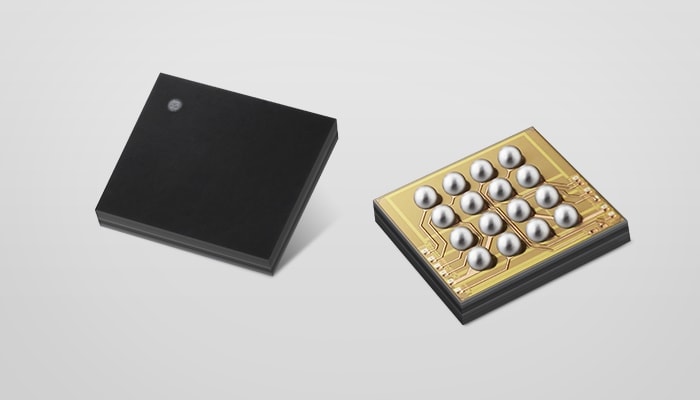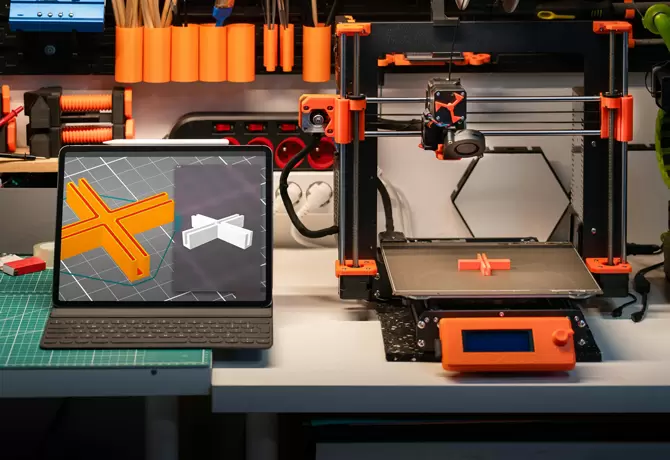
In the grand scheme of the technological revolution, electronic components often go unnoticed, silently powering the devices that have become integral to our daily lives. From smartphones and laptops to advanced medical equipment and space exploration tools, electronic components are the unsung heroes that make it all possible. This article aims to shed light on why electronic components are important, delving into their role in various industries and the impact they have on our modern world.
Electronic components are the building blocks of electronic systems. They include resistors, capacitors, diodes, transistors, and integrated circuits, each with a unique function that contributes to the overall performance of the device. Without these components, the digital devices we rely on daily would be non-existent.
In the realm of communication, electronic components have revolutionized the way we interact. They are the backbone of telecommunication systems, enabling high-speed data transmission and reliable connectivity. The advent of 5G technology, powered by advanced electronic components, has opened up new possibilities for remote work, virtual reality, and autonomous vehicles.
In the healthcare industry, electronic components play a pivotal role in the development of life-saving medical devices. From simple thermometers to complex MRI machines, these components ensure accurate diagnosis and effective treatment. The recent advancements in wearable technology and telemedicine are testament to the importance of electronic components in healthcare.
In the field of energy, electronic components are key to the efficient generation, transmission, and utilization of power. They are integral to renewable energy systems, facilitating the conversion of solar and wind energy into usable electricity. Moreover, they enable the development of smart grids and energy storage solutions, contributing to a more sustainable future.
In the realm of space exploration, electronic components are vital for the operation of spacecraft and satellites. They enable communication with these devices, the collection of data, and the execution of complex maneuvers. The Mars Rover missions, for instance, heavily rely on electronic components for navigation, data collection, and communication with Earth.
In the era of Industry 4.0, electronic components are driving the transformation towards smart factories. They enable automation, real-time data analysis, and predictive maintenance, leading to increased productivity and reduced operational costs.
In conclusion, electronic components are the lifeblood of the digital age. Their importance transcends industries, powering the devices and systems that shape our modern world. As technology continues to evolve, the role of electronic components will only become more significant, paving the way for new innovations and possibilities.

